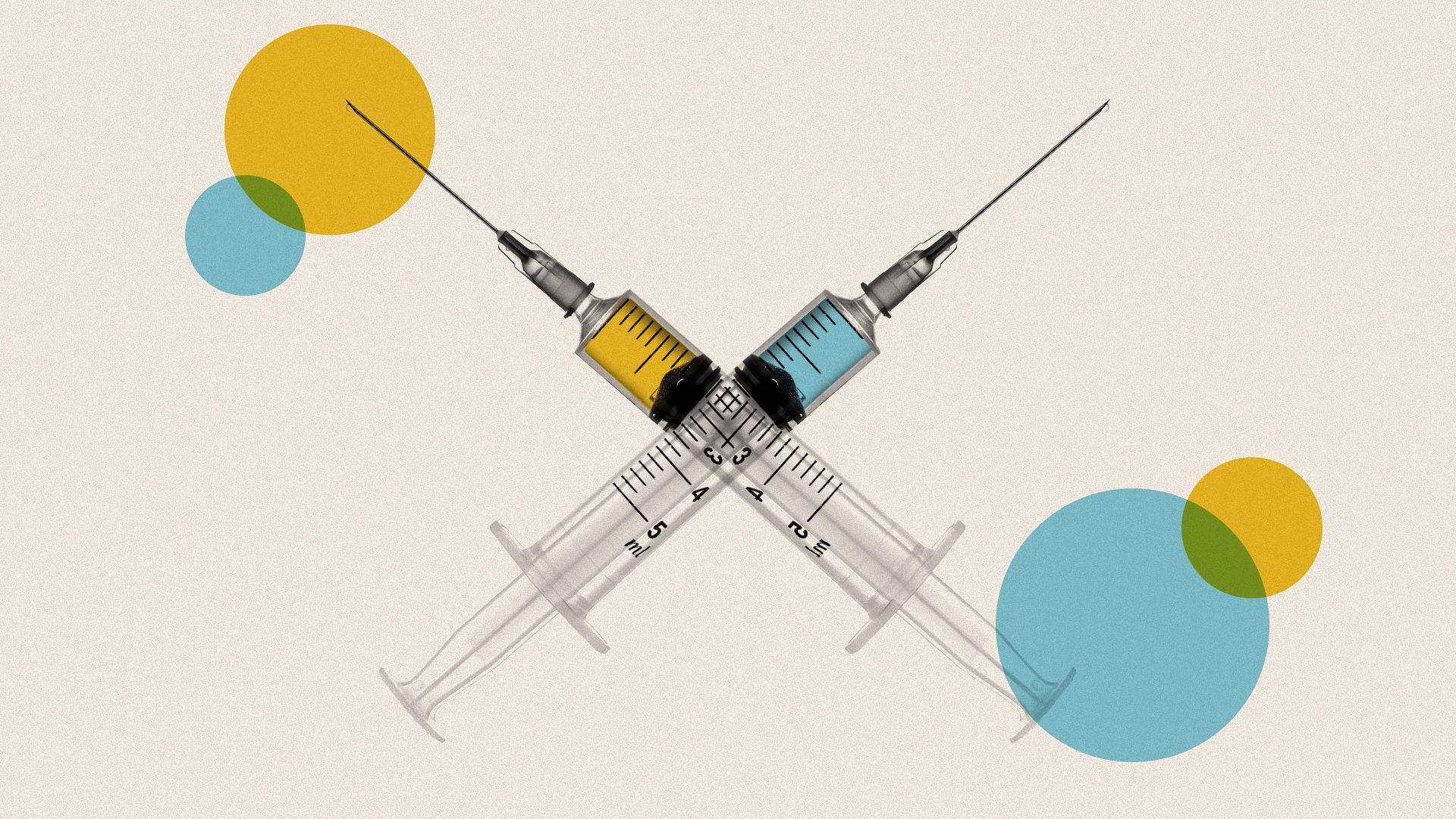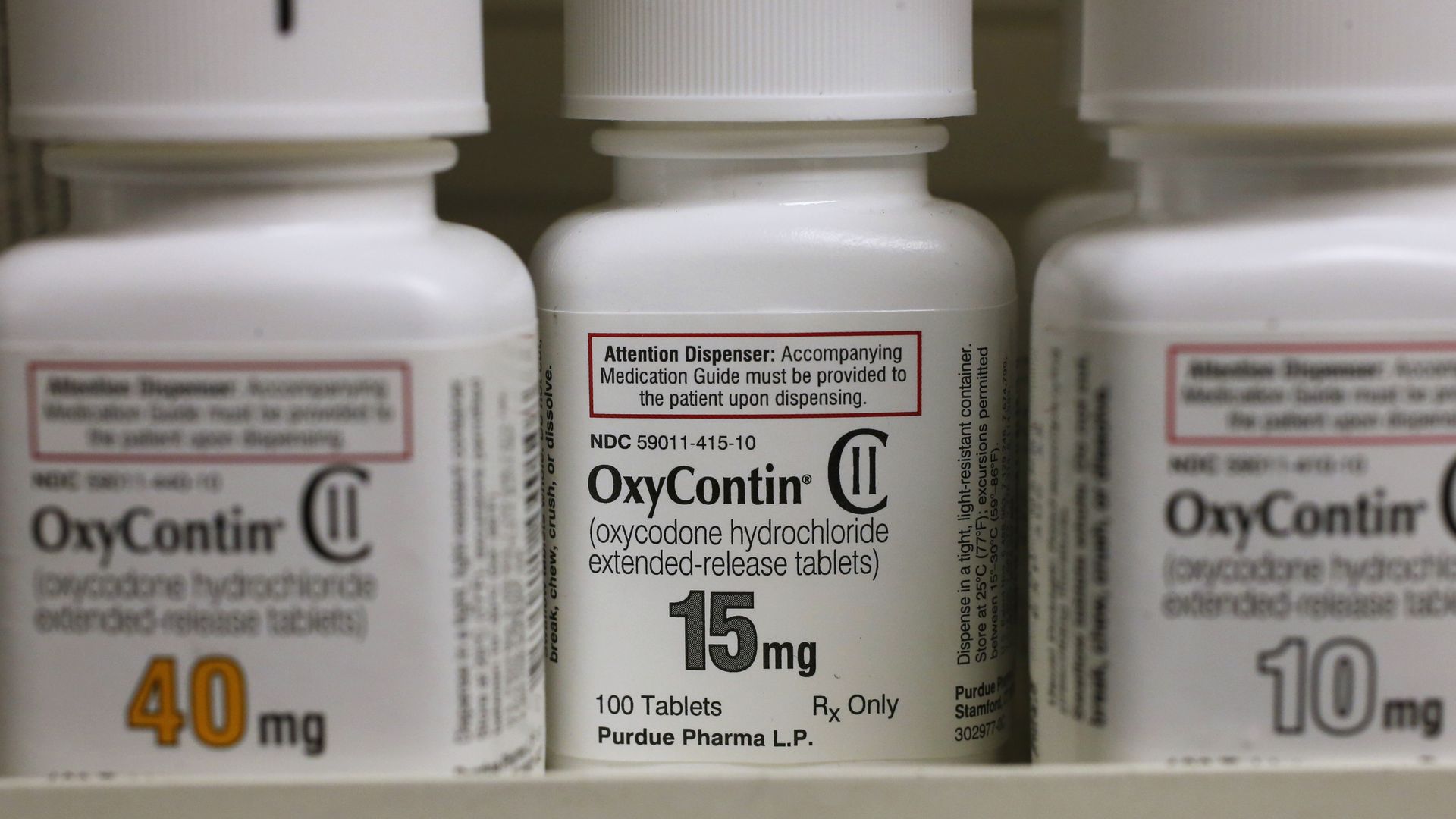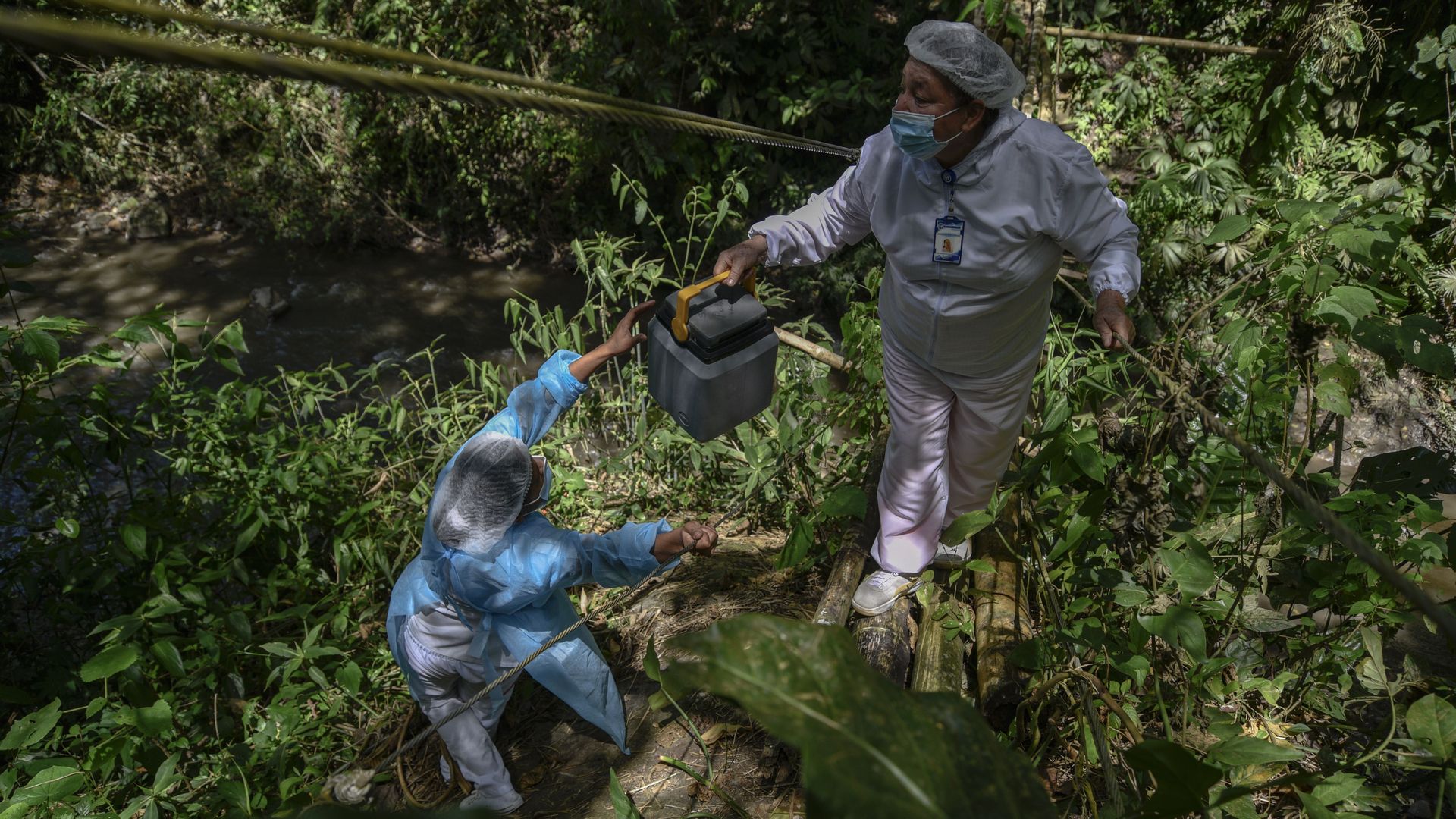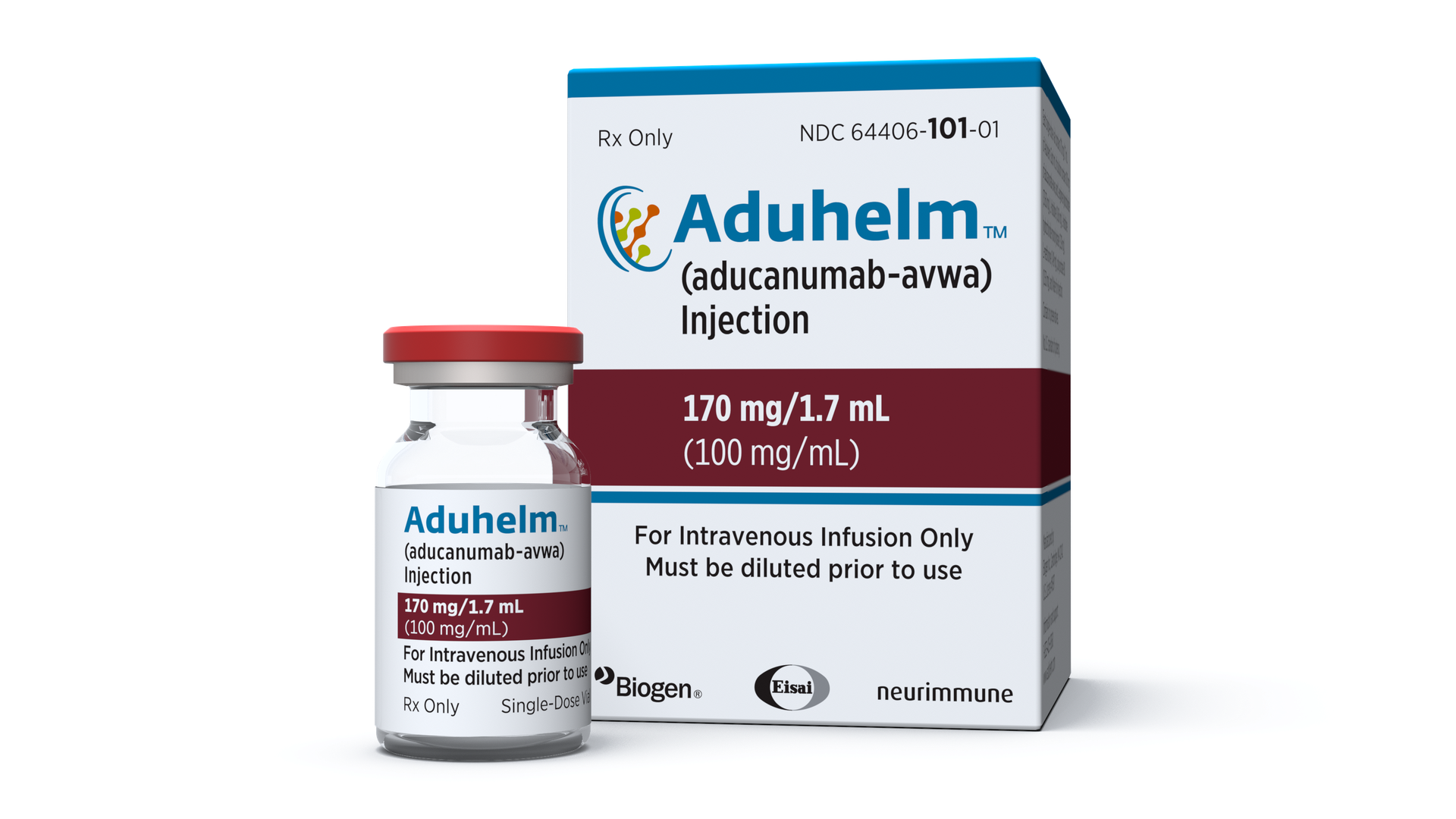| |
| |
| |
| Presented By PhRMA |
| |
| Axios Vitals |
| By Tina Reed ·Jul 09, 2021 |
| 🌞Good morning, Vitals readers. It's almost the weekend! Situational awareness: Americans who have been fully vaccinated don't need a booster shot at this time, the CDC and the FDA said in a joint statement Thursday evening. - Pfizer is expected to seek authorization from the FDA to administer a third dose of its vaccine.
Today's newsletter is 913 words, or a 3-minute read. |
| |
| |
| 1 big thing: Clinical trial volunteers in "limbo" |
 |
|
| Illustration: Aïda Amer/Axios |
| |
| Tens of thousands of Americans who stepped up to help test coronavirus vaccines through clinical trials are now stuck without an official vaccine card to prove it, Axios' Caitlin Owens reports. State of play: Two vaccine candidates — created by Novavax and AstraZeneca, respectively — have clinical trial data suggesting they're effective. - But they have yet to be authorized for use in the U.S. That leaves clinical trial participants in a potentially tough spot.
"I've received an HR email saying I'm not vaccinated," said Cornell vaccine researcher and Novavax trial participant John Moore. "I'm not losing sleep over losing my job, but these situations do need sorting out via greater awareness." Read more. |
    |
| |
| |
| 2. Vaccination gap grows in Trump country |
 Reproduced from KFF; Chart: Axios Visuals The gap in vaccination rates between counties that voted for Donald Trump and those that voted for President Biden in 2020 is only getting bigger with time, Caitlin writes about a new KFF analysis. Why it matters: Vaccination rates provide the strongest indication of which communities are still vulnerable to outbreaks as the Delta variant rapidly spreads. - A study published yesterday in Nature found antibodies in people who recovered from COVID were significantly less potent against Delta than the Alpha variant first detected in the U.K.
- One dose of a vaccine, however, significantly boosted their response.
- Further, antibodies from people who received only one dose of the Pfizer or AstraZeneca vaccines "barely inhibited" Delta, but two doses generated an effective response in 95% of people.
Between the lines: Some public figures — like Sen. Rand Paul — have pushed the idea people previously infected with COVID don't need to be vaccinated. - Others have made the case we're closer to herd immunity than vaccination rates alone imply, because of the protection generated by prior infection.
The big picture: This new data suggests unvaccinated individuals and communities with low vaccination rates — which are more likely Republican — remain vulnerable. Go deeper. |
    |
| |
| |
| 3. Dems push Medicare drug negotiation fight |
 Data: Committee on Oversight and Reform, U.S. House of Representatives; Chart: Axios Visuals Drug companies spent more on stock buybacks, dividends and executive compensation than research and development over the last five years, according to a report released by the House oversight committee Thursday. Driving the news: The report is part of a renewed push for legislation that would allow Medicare to negotiate drug prices. - In a press call on Thursday, House Speaker Nancy Pelosi indicated she wants the drug pricing measure to be part of a budget bill that could pass the Senate without Republican support, Bloomberg reported.
By the numbers: According to the report, 14 of the largest drug companies in the world spent $577 billion on stock buybacks and dividends between 2016 and 2020. - That was $56 billion more than they spent on research and development in the same period, they said.
- This is consistent with findings by Axios' Bob Herman last year.
Talking points: "How can pharma say with a straight face ... that lower prices for America will have to come at the expense of research and development?" Pelosi said. The other side: "This partisan exercise is clearly designed to garner support for an extreme bill that will erode Medicare protections," said Brian Newell, spokesperson at PhRMA, in a statement. |
    |
| |
| |
| A message from PhRMA |
| Out-of-pocket costs don't have to be out-of-this-world confusing |
| |
 |
| |
| The way insurance covers your medicine is too complicated. What you pay out of pocket for medicines should be more transparent, more predictable and more affordable. Because the system should work for patients. Not the other way around. Get the facts. |
| |
| |
| 4. Opioid settlement spares Sacklers |
 |
|
| Photo: George Frey/Bloomberg via Getty Images |
| |
| More than 15 states agreed to drop opposition to Purdue's bankruptcy reorganization plan this week, in a settlement deal related to the ongoing legal saga over Purdue's contributions to the opioid epidemic, the New York Times reported. - The agreement included a release of millions of documents and an additional $50 million from members of the Sackler family, which owns Purdue, per the Times.
What they're saying: "While the settlement will provide much-needed transparency about the Sacklers' central role in creating, fueling, and profiting from America's opioid epidemic, we remain troubled that the Sacklers are poised to escape accountability yet again." — Rep. Carolyn Maloney, the chairwoman of the House oversight committee. |
    |
| |
| |
| 5. Latin America, Carribean wait for vaccines |
 |
|
| In Colombia, a vaccination brigade wades through jungle areas to reach rural inhabitants July 3. Photo: Guillermo Legaria/Getty Images |
| |
| Latin America and the Caribbean have the highest weekly death rate per capita of any region in the world, and it could climb higher. - Vaccinations are difficult to come by and hospitals still short on staff and in need of equipment like ventilators and oxygen tanks.
Why it matters: The two regions represent less than 9% of the world's population. Yet they have contributed more than one-third of COVID deaths, the Axios Latino newsletter team reports. "The region is an epicenter for COVID-19 suffering. It should be an epicenter for vaccination, too," says Carissa Etienne, head of the Pan American Health Organization. Go deeper. |
    |
| |
| |
| 6. FDA narrows use of new Alzheimer's drug |
 |
|
| Aduhelm was only studied in patients with "mild cognitive impairment." Photo: Biogen |
| |
| Biogen has updated the prescription information for the Alzheimer's treatment Aduhelm, Axios' Bob Herman writes. - The company says the drug "should be initiated in patients with mild cognitive impairment or mild dementia stage of disease" instead of people who have more advanced Alzheimer's.
Why it matters: It's an unusual step to modify a drug's label so soon after approval, raising questions about why the FDA approved the drug for such a broad patient population in the first place. 1 crazy thing: Top FDA officials involved in deliberations for approving Aduhelm were surprised by how broad its approval ended up being, STAT News reported Thursday. |
    |
| |
| |
| 7. Cat of the week |
 |
|
| Ampersand. Photo: Nick Garlow |
| |
| Meet Ampersand, a cute little tuxedo cat that goes by "Ampy." - While we typically feature dogs of the week here, I wanted to give our furry feline friends some love in honor of National Kitten Day, which is apparently tomorrow.
- Ampy's dad, Nick Garlow, a vice president at the PR firm Rational 360 in D.C., said Ampy has lived in Washington through multiple Affordable Care Act Supreme Court decisions and has recently thrived from additional treats during the COVID-19 pandemic.
Ampersand. Photo: Nick Garlow |
    |
| |
| |
| A message from PhRMA |
| Out-of-pocket costs don't have to be out-of-this-world confusing |
| |
 |
| |
| The way insurance covers your medicine is too complicated. What you pay out of pocket for medicines should be more transparent, more predictable and more affordable. Because the system should work for patients. Not the other way around. Get the facts. |
| |
 | | It'll help you deliver employee communications more effectively. | | |













No comments:
Post a Comment